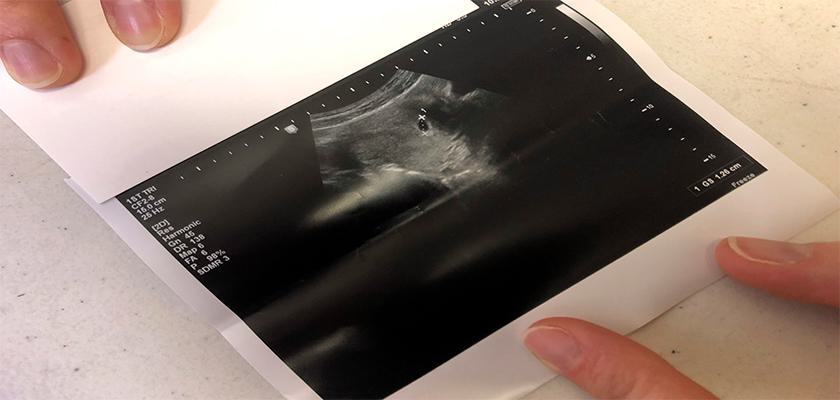Alabama Attorney General (AG) Steve Marshall continues to offer clarification on Alabama’s abortion law that took effect after the U.S. Supreme Court (SCOTUS) overturned Roe V. Wade. On Tuesday, he went into detail about his opinion regarding issues such as the morning-after pill, possible implications for those who aid women in getting an abortion, and punishment for breaking the law.
Questions have been looming in the state after SCOTUS struck down the court’s landmark abortion decision after 49 years.
In an appearance on 93.1 News and Views with Joey Clark, Marshall said he was overjoyed to learn of the SCOTUS decision, claiming it was one of the most egregious abuses of constitutional interpretation he had seen.
In 2019, the Alabama Legislature passed a near-total ban on abortion, the Alabama Human Life Protection Act, but it was put on hold when U.S. District Judge Myron Thompson issued a preliminary injunction to keep it from being enforced.
The law makes it a felony to perform an abortion but does not offer any punishment for mothers who procure an abortion.
After the SCOTUS decision, Marshall sought the nearly immediate release of the injunction.
“Within a few hours of the Dobbs decision being released, we filed our request for emergency release from Judge Thompson to be able to set aside the injunction that he put in place in 2019,” Marshall said.
HEALTH RISKS
Some have claimed the law would prevent a mother from having a procedure to remove an ectopic pregnancy, which occurs when a fertilized egg is implanted in the fallopian tube rather than the uterus.
According to Marshall, Alabama’s current law allows for abortion in cases of serious health risks to the mother. Treatment for miscarriages and ectopic pregnancies are not considered abortions.
“None of these criminal penalties are directed at the mother,” Marshall said. “This is all something that involves the provider of these abortion services, but it will include the medically induced abortions.”
MORNING-AFTER PILLS
Marshall has announced that plan B and other “morning-after pills” would not be made illegal under the current law. However, "abortion pills," such as RU-486, which can be taken as late as 11 weeks to end a pregnancy, would be illegal.
Marshall has said that they are still working to address details on the issue of abortion pills.
While the pills will be illegal to distribute in the state, mothers may still be able to obtain them in other states, or possibly by mail. Since Alabama does not punish the mother for procuring an abortion, such steps could theoretically allow Alabama citizens to procure the pills without legal ramifications.
“I think that’s going to be the next battleground,” Marshall said.
ASSISTING IN ABORTIONS
The Human Life Protection Act does not have any statutes or punishment for those who assist in procuring an illegal abortion. The only penalty is for those who perform or attempt the abortion itself.
“One of the issues that we are working on right now has to do with the question of aiding and assisting somebody to obtain an abortion, and what is the application of Alabama law in that area, and that’s something we’re working on right now,” said Marshall.
Marshall claims there is little chance that there will be further challenges to the law in court since the legislature passed a constitutional amendment that makes Alabama a “pro-life state.” He did say that the state still has much work to do in working through the details of the law and how it applies to specific cases.
DEFENDING THE UNBORN
Marshall has been a long-time defender of the pro-life movement.
In 2006, Marshall helped pass the “Brody Act,” which made it a crime to kill or harm an unborn baby.
The Bill was named after Brody, the unborn child of Brandy Parker, who was shot dead in her vehicle in July of 2005.
Parker’s killer has still not been identified, but a man was sentenced to death for the murder of his wife and her unborn child in 2016, the first-ever conviction under the Brody Act.
The law passed the Alabama legislature in 2006 with an amendment that clarified it could not apply in cases of abortion.
“That was considered only one murder, and not two,” Marshall said. “Along with her family and others that felt strongly, went to the legislature to be able to say we need to change the definition of person in Alabama to be able to include the unborn. To the legislature’s credit, they accepted our reasoning, and for purposes of murder, manslaughter, and assault, we can charge for those crimes against the unborn.”
To connect with the author of this story, or to comment, email craig.monger@1819news.com.
Don’t miss out! Subscribe to our newsletter and get our top stories every weekday morning.










